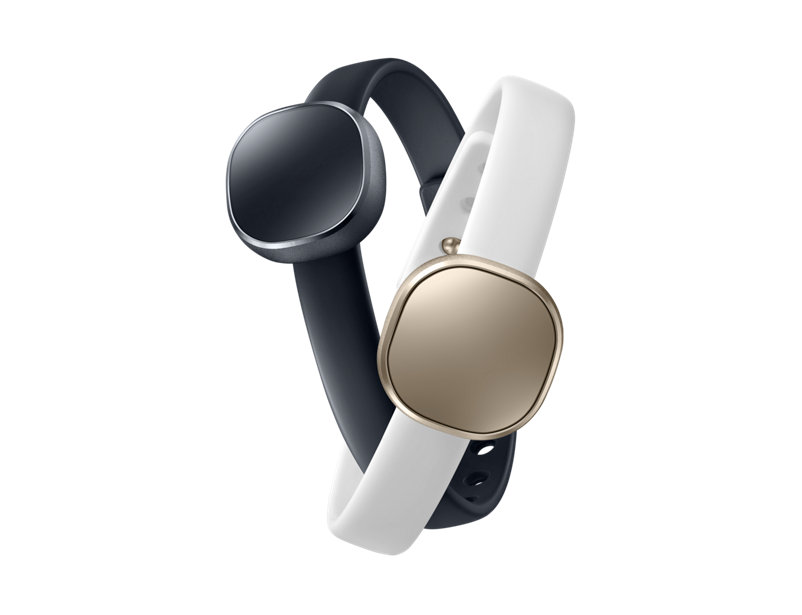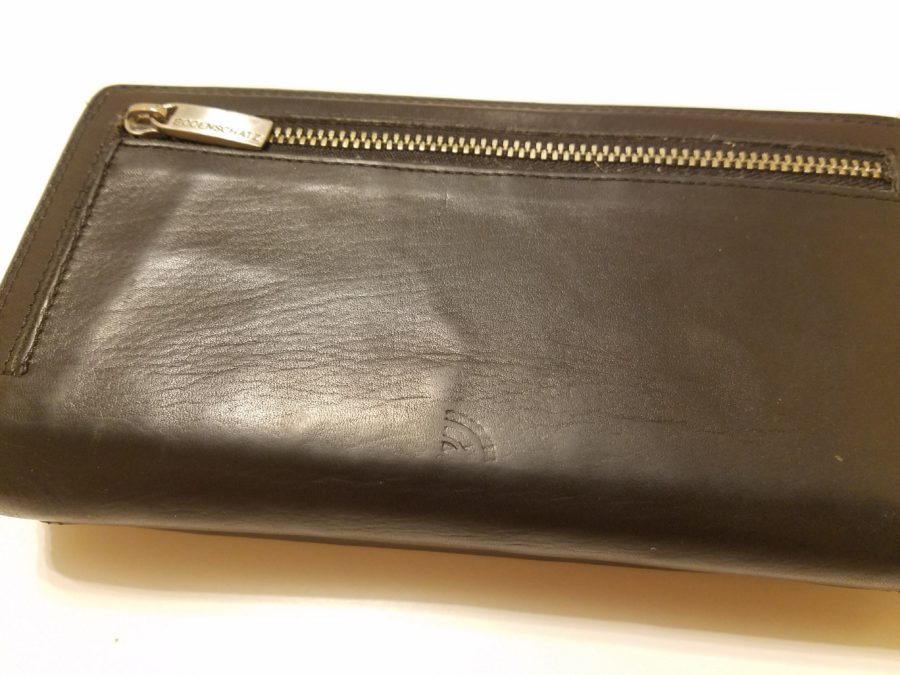Hello!
I have always been interested in the phenomenon that has received the name 'life hack' on the Internet, and in Russia from time immemorial it has been known under a simpler and more capacious name – ingenuity. A lot of modern life can be fitted under this definition. This phenomenon and the world of electronics were not spared, having received a huge number of incarnations both in single copies from ordinary people, and in the form of solid projects on crowdfunding sites such as Kickstarter.

However, the ideas embodied in these projects do not always turn out to be successful and in demand. And there is another situation – when first a device or function is invented, and then an application is sought for this function. Or another illustrative scenario, when manufacturers are trying to follow the fashion, for example, to electrify everything and everyone, but at the same time have very superficial knowledge about the world of this very electronics – in this case, failure cannot be avoided.
But it's all about new ideas. There is also a phenomenon when manufacturers are trying to keep up with the times, not knowing where to go.
Remember, many years ago, when phones were just becoming a mass product and just beginning to turn from a technological curiosity into an urgent need, most clothing manufacturers began to make special pockets on their clothes for these very phones? Has anyone used this pocket? Most of these pockets were simply impossible to use – either they closed too tightly, or they were located somewhere else, or were of a strange size.

Taken from the site http://www.technoavia.ru
As strange as it may sound, these thoughts were prompted by the recent news that a domestic cryptocurrency is planned to be launched in Russia. We will not dwell on this in detail, since the incompetence of our ministers has long been a talk of the town and, like the news itself, does not cause anything but a smile. Well, judge for yourself, the announced terms of issue and the planned rules for using the Russian cryptocurrency contradict the very idea of blockchain technology. It remains only to ask the question – well, who will need it then?

Taken from the site https://freedman.club
As a more illustrative and not politicized example, we can cite the news from the latest issue of Biryulek about how the German suitcase maker Rimowa entered the race of smart devices.
I will quote Eldar Murtazin: 'The idea looks strange. You have a screen in one place on your suitcase (eINK is covered with Gorilla Glass), which displays information about your tag. You get the tag itself through the application and only from the airline that cooperates with the service, so far there are only four of them. '

Why, and most importantly, for what and for whom is this innovation? For users? For comfort? Unlikely. The very case when everyone knows what is needed, but few people know how and why it is needed.
Due to such oversights and lack of understanding, many projects like this end up stillborn. Take, for example, the market for wearable devices, the most popular of which are fitness bracelets and smartwatches.
After the appearance of this category of devices, many manufacturers considered it their duty to release their own version of watches or smart bracelets. Not everyone succeeded. At the same time, even those who seemed to succeed often did not focus on what people really needed.
One of the striking examples that I remember in this regard is Samsung's fitness tracker Charm, created especially for girls.

Moderately beautiful, reasonably stylish, seemingly having everything you need for success. As it turned out, not having. Apparently, the developers of this miracle of engineering thought themselves have never used such devices and were captivated by the mistaken idea of the purpose of this kind of accessories. The bracelet did not have one of the main functions – a vibration motor. Therefore, the owner had to recognize the notifications coming to the bracelet by the flickering of the LED.

And that's all. The developers believed that the main purpose of the device was counting calories and steps. With this, the bracelet managed at the very least, but it turned out that the functionality, which was laid as the main one, was perceived by the users as secondary.
Or here's another example of a race for technology from people who don't really understand this. My wallet is from a well-known German manufacturer. In the era of contactless payments, the manufacturer took care of user protection and added a shielding layer to the wallet that protects NFC cards from external scanning. There is even a stamp about this, made by the embossing method. This is great, you say. And I will say – great!

However, the wallet has a side pocket, which is designated by the manufacturer as a pocket for a cell phone. There is only one problem – the phone, being placed in this pocket, loses the network. What's the point of this? What prevented you from not doing the shielding layer at the pocket?

There are a lot of such examples. And sometimes it comes to the point of absurdity. Cries about the fact that manufacturers need to forget about the thickness race and make the device, albeit a little thicker, but with a more capacious battery, do not subside on the network. But these aspirations still go unheard. The thickness race continues as if the engineers had different hands or they live in a parallel universe, where a 1200 mAh battery lasts for a week.
Conclusion
All this is an indicator of incompetence or ignorance of what you have to work with and what you have to do. It can also be a turning point and an intermediate stage in realizing a new reality. But when will it end?

Although I am more than sure that if companies, before designing devices, conducted a survey of users about what exactly is needed in the devices, or they themselves would try to use the invented function, not from the point of view of understanding whether it works or not, but from the point of view of whether it is needed at all, the answers would be predictable, and they would not coincide with what was ultimately produced.
One problem, such surveys and experiments are best conducted not in the environment of a potential target audience (randomly selected people who often do not really understand what they are asked about), but on thematic or near-topic forums.
And what contrived or frankly inappropriate and inconvenient functions have you met in devices that are not intended for this? Maybe our message will be heard by manufacturers?
